How to Draw Chibi Character: A Guide for Digital Art Enthusiasts
Do you ever find yourself in this situation? You're great at drawing complex anime characters, but they just don't turn out as cute as you'd like when it comes to drawing chibi characters. Why does your chibi art lack that adorable factor?
You might be missing out on some key drawing techniques for chibi characters. By incorporating these drawing tips, you can bring out the charm of chibi characters effectively.
So, keep reading to discover some chibi character drawing techniques that you may not know yet.
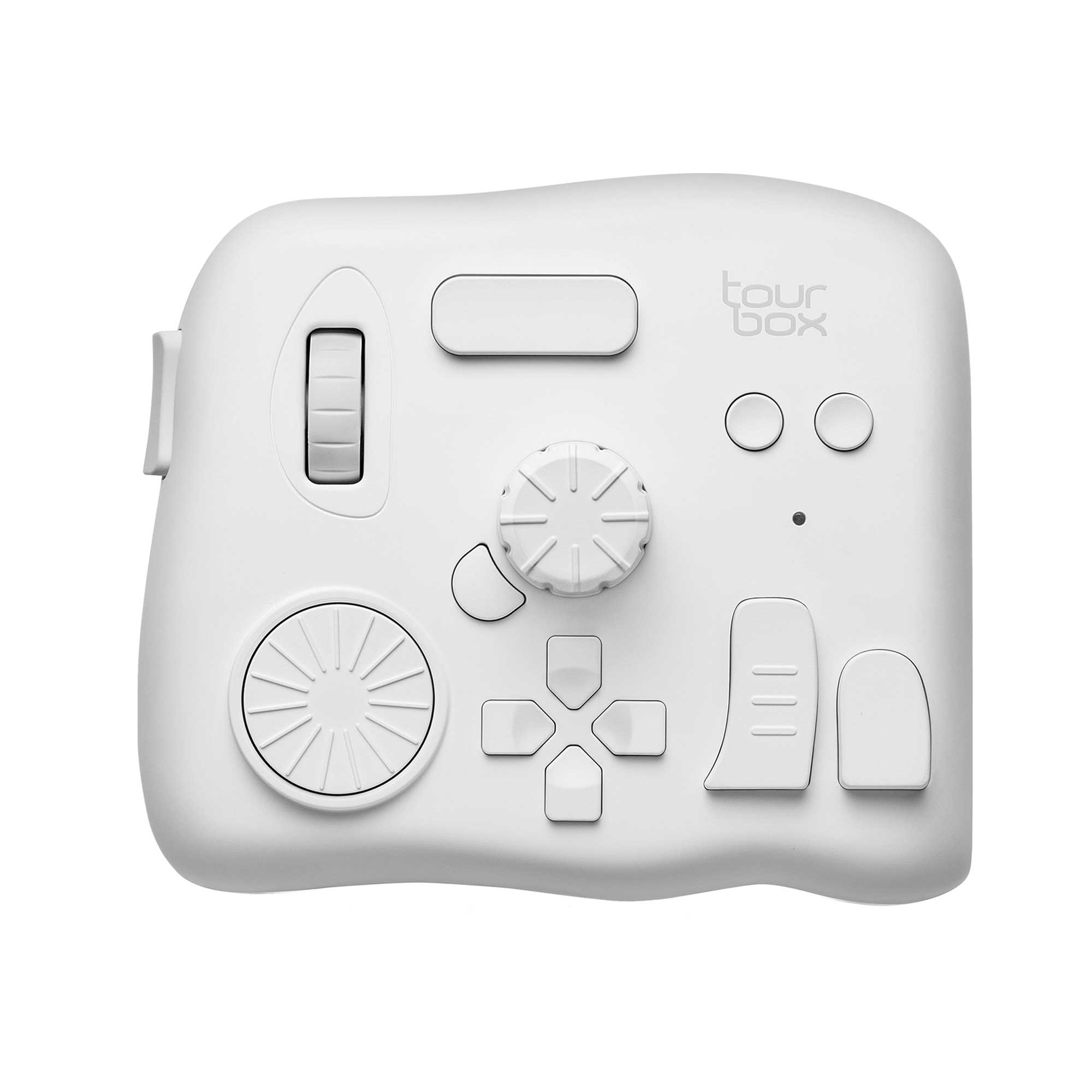
In this article, you will learn:
- The Head-to-Body Ratio of Chibi Characters
- How to Draw the Head of a Chibi Character?
- How to Draw the Body of a Chibi Character?
- Key Points in Drawing Chibi Characters
- Final Thoughts About How to Draw Chibi?
The Head-to-Body Ratio of Chibi Characters
In regular anime characters, the proportion typically follows a 7-head ratio, whereas for chibi characters, the ratios commonly used are 2 heads, 2.5 heads, and 3 heads.
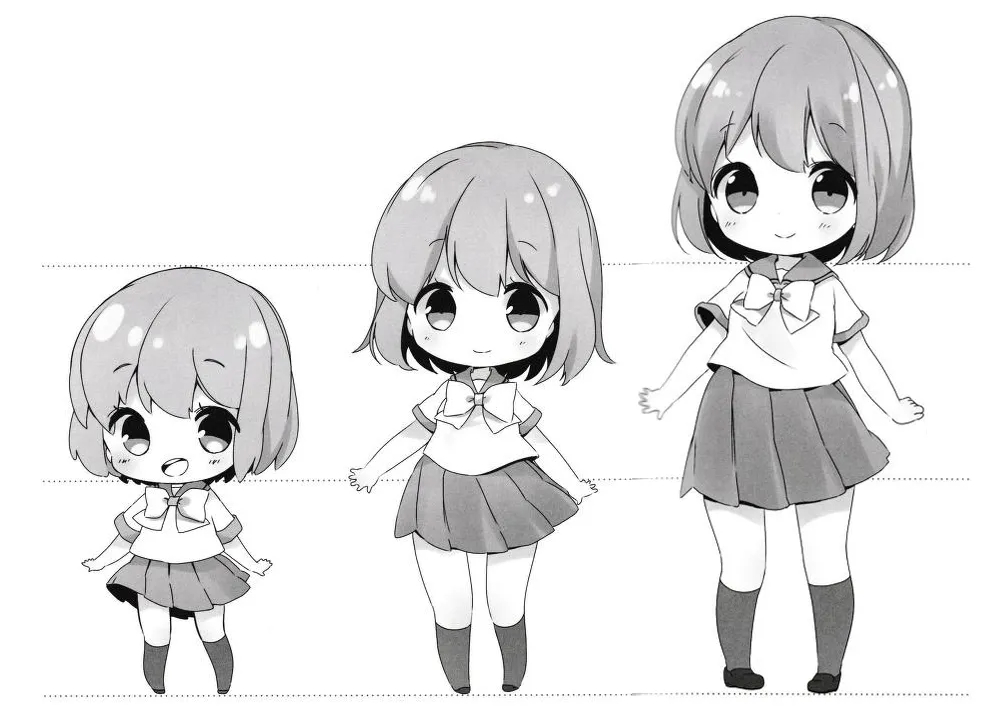
When drawing, you can simplify the body of a chibi character by shaping it like an "A" or a trapezoidal cylinder, which makes it easier to establish form.
When drawing the body of a chibi character, it's crucial to focus on two key aspects: achieving a rounded appearance for the character and downplaying the joints.
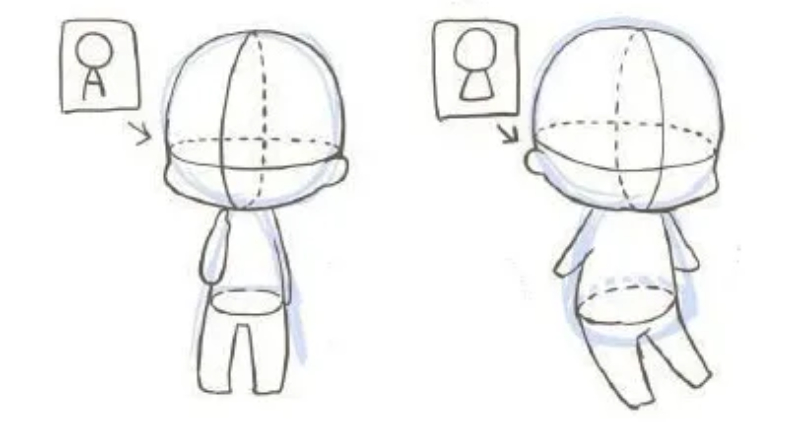
How to Draw the Head of a Chibi Character?
1. Face Shape
Start by drawing a circle, then add a protruding cheek below the eye's position on the circle. This is a common method for shaping the face of a chibi character.
You can make the chin flatter and less curved to enhance the cuteness.
For example, the classic anime character Shinnosuke Nohara is drawn using this type of face-shaping technique.
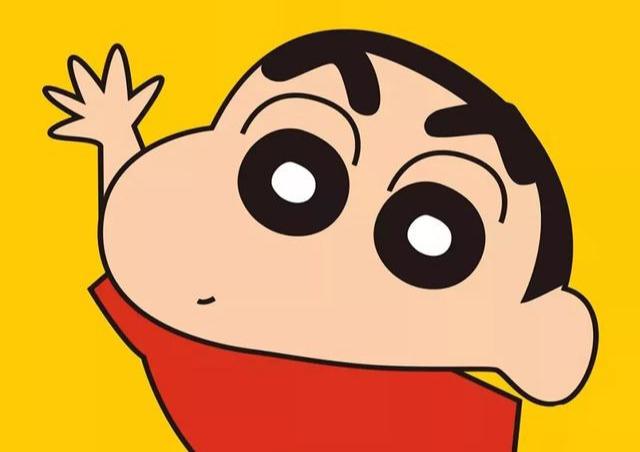
2. Eyes
Position the facial features reference cross slightly lower, concentrating the features towards the lower part of the face. This gives the character a cute forehead.
For eye perspective lines, place them around 1/3 from the chin to the top of the head. To emphasize cuteness, you can slightly widen the distance between the eyes, ensuring it's not less than one eye width.
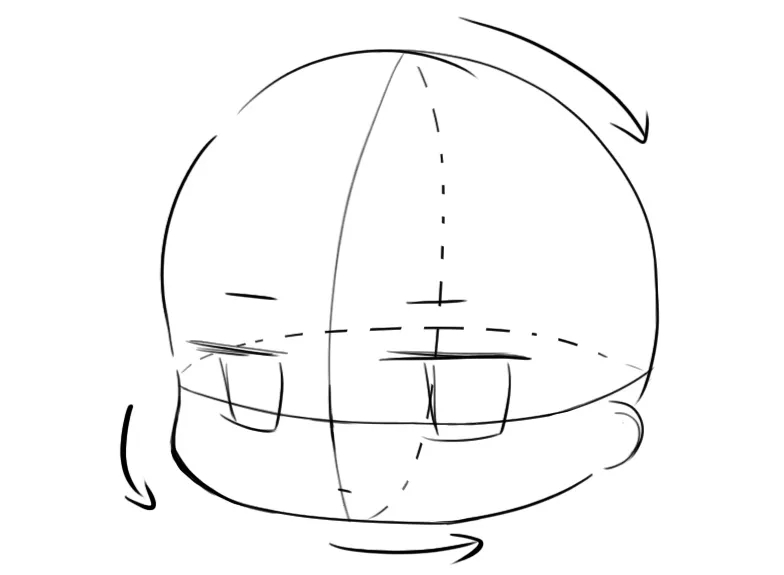
You can choose to omit drawing the nose or simply draw a small dot. Position the nose roughly level with the lower eyelids.
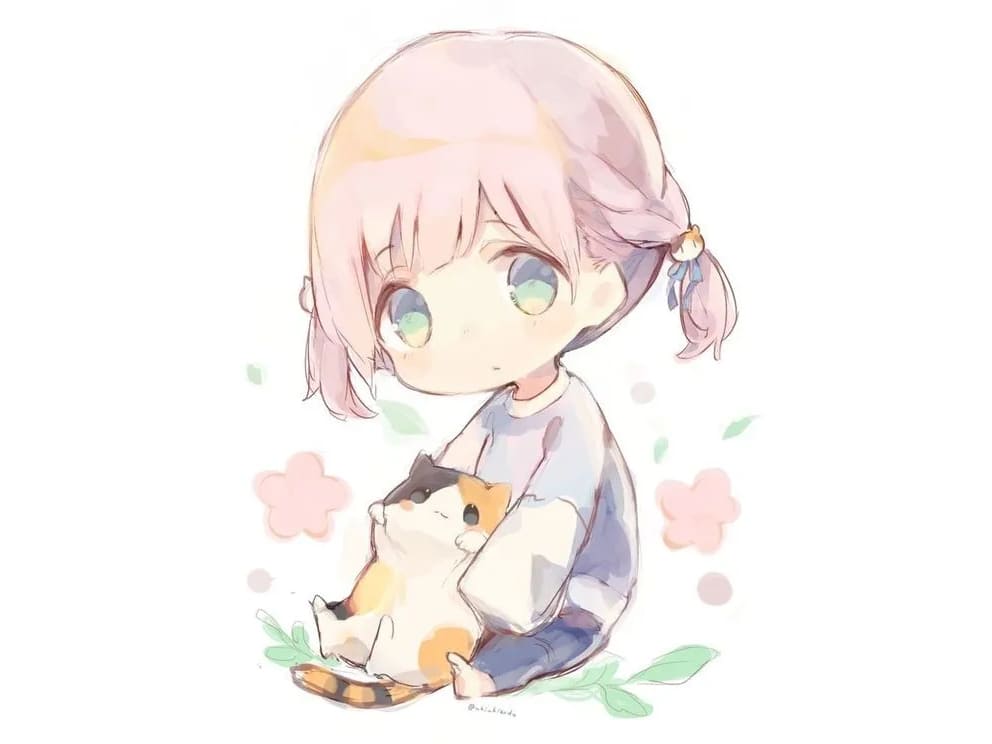
3. Hair
When drawing chibi character hair, you can simplify the drawing process by creating multiple layers in digital art software.
Pay attention to depicting the thickness and volume of the hair. If the crown is slightly raised and the forehead is a bit larger, it enhances the cuteness factor.
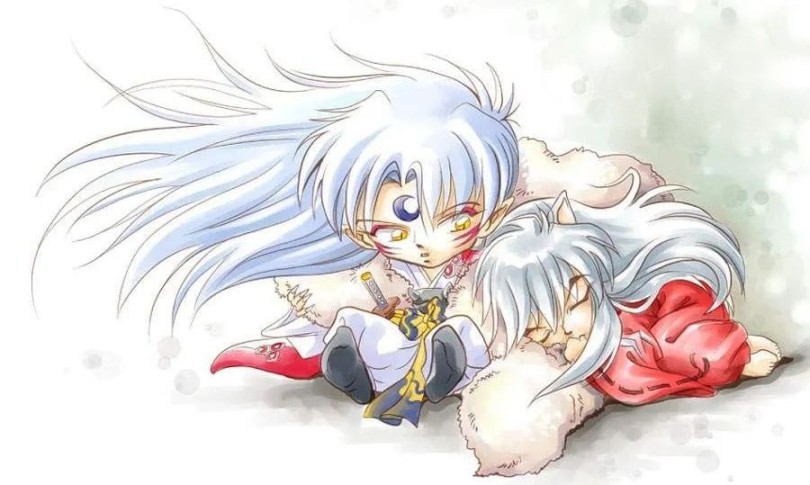
If you find that repetitive and tedious tasks like creating layers, adjusting brushes, and rotating the canvas while drawing with digital art software are disrupting your creative flow, you might want to consider using the TourBox controller.
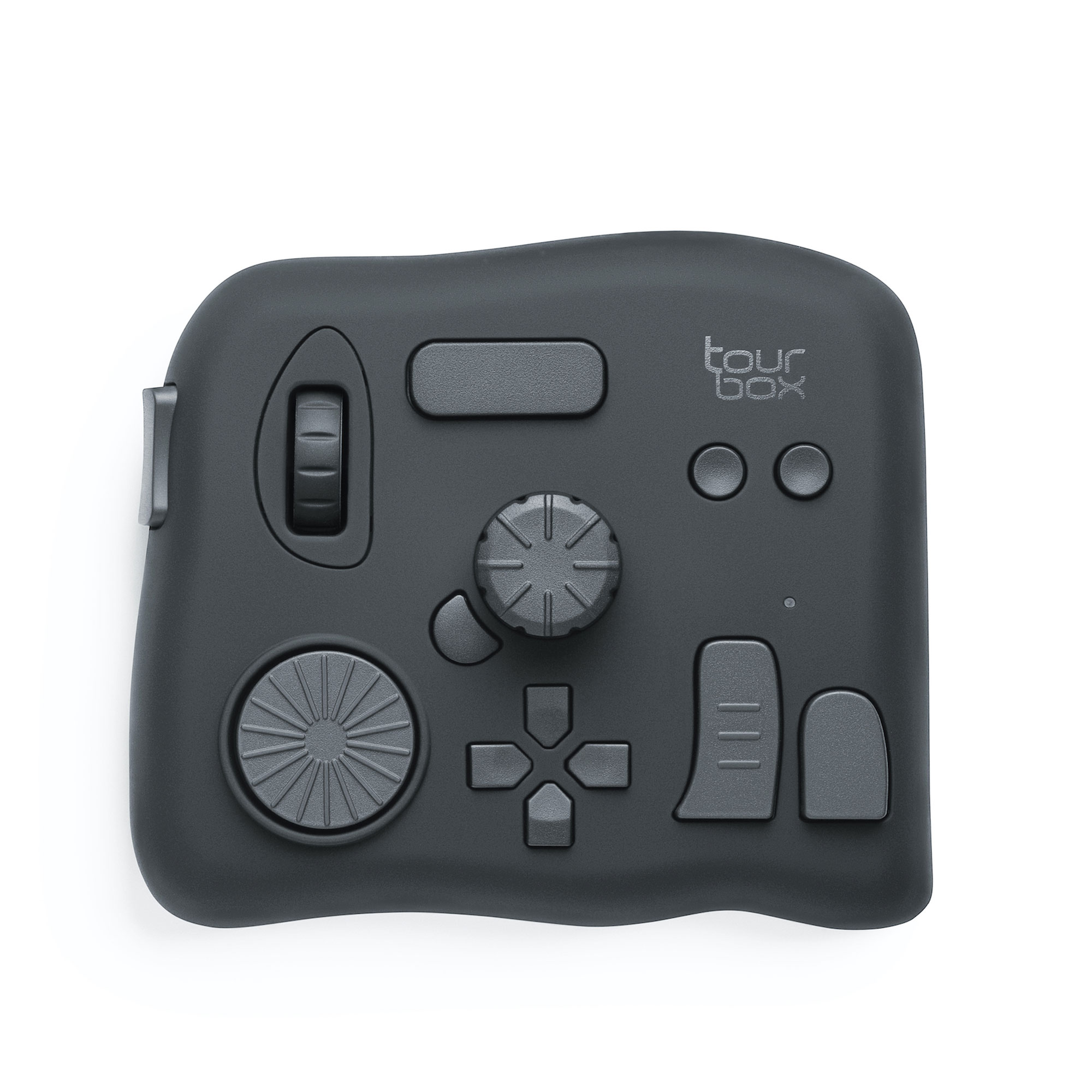
TourBox allows you to streamline and enjoy your digital art creation process, much like using a game controller for playing video games. Check out our digital painting page to see how TourBox can simplify your digital art creation workflow.
How to Draw the Body of a Chibi Character?
1. Limbs
The hands of chibi characters are typically more rounded and cute. You can draw chubby hands or simplify them.
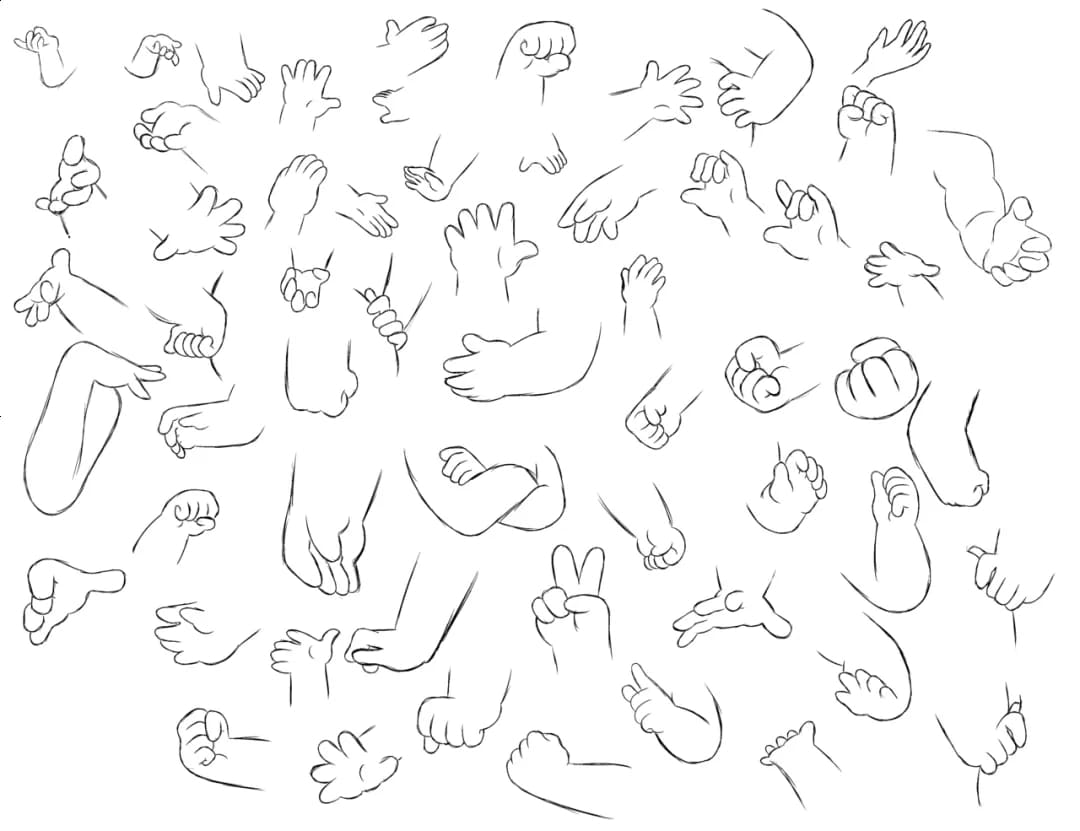
The neck can be drawn or left out when drawing chibi characters. If included, it's usually kept relatively short so that it looks natural when combined with the character's oversized head.
Pay attention to the lines of the legs, emphasizing the tips of the feet.
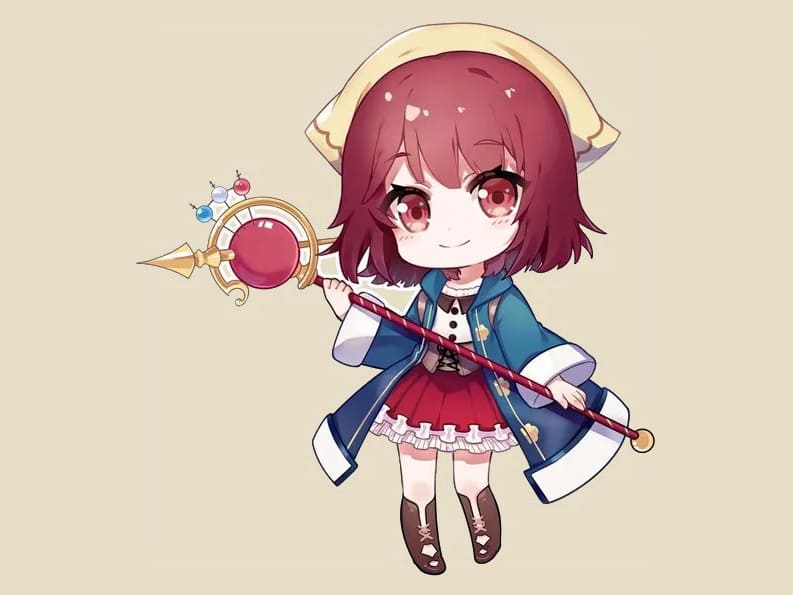
2. Shoulders
Chibi characters' shoulders can effectively convey their cute size.
Therefore, the distance of the shoulders from each other should not exceed the width of the head, with the shoulder width being slightly narrower, about 1/2 the width of the head.
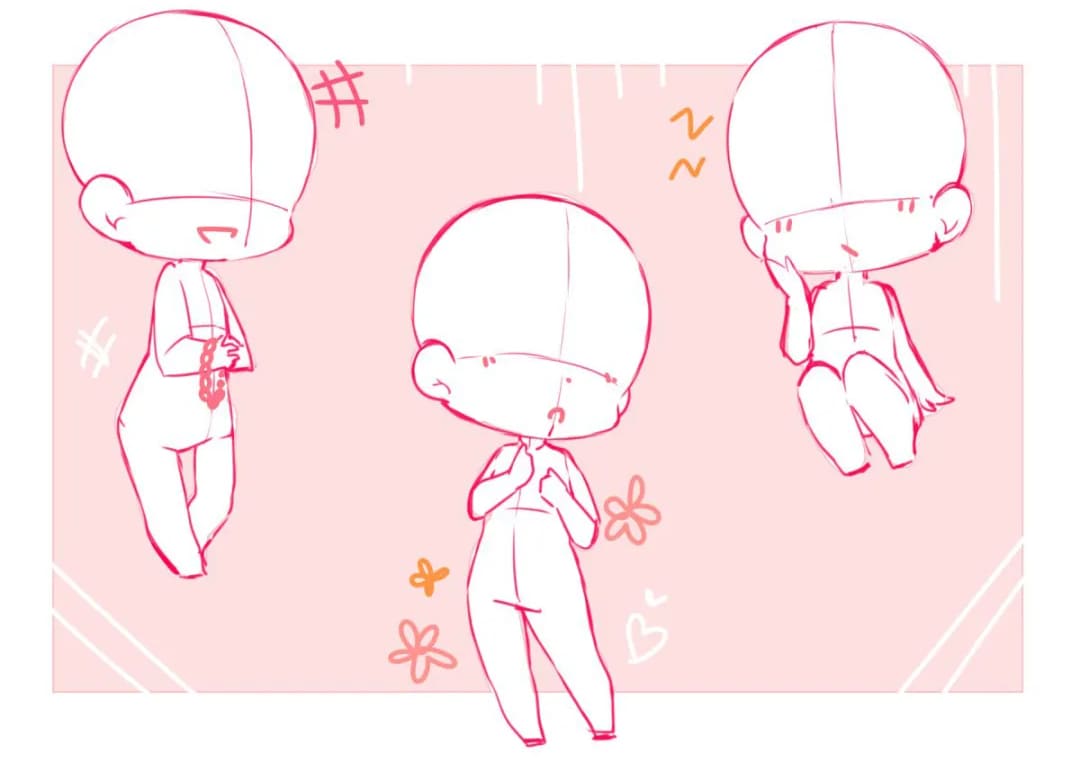
Key Points in Drawing Chibi Characters
1. Clothing Considerations
When drawing attire, simplify the clothing of chibi characters by minimizing the folds in the garments.
Rather than focusing on intricate clothing details, emphasize the overall shape of the clothing, which can be depicted with color blocks during coloring.
In essence, keep it as simple as possible. You can use gradients of warm and cool colors to enhance the contrast between light and dark areas and create depth in the flat surfaces.
2. Attention to Accessories
Take care in drawing accessories. Items like hair ornaments, hats, glasses, and other decorations can greatly enhance the overall appearance of chibi characters.
When adding accessories near the face or on the body, consider the head-to-body ratio to ensure a natural look in the composition.
3. Character Poses
Dynamic poses are also a key aspect of chibi character design because they can better showcase the character's personality.
Consider sketching a stick figure skeleton in a dynamic pose first, then proceed to draw the specific form of the chibi character's body.
The artist Baito Tackey has shared his techniques for drawing the poses of chibi characters.
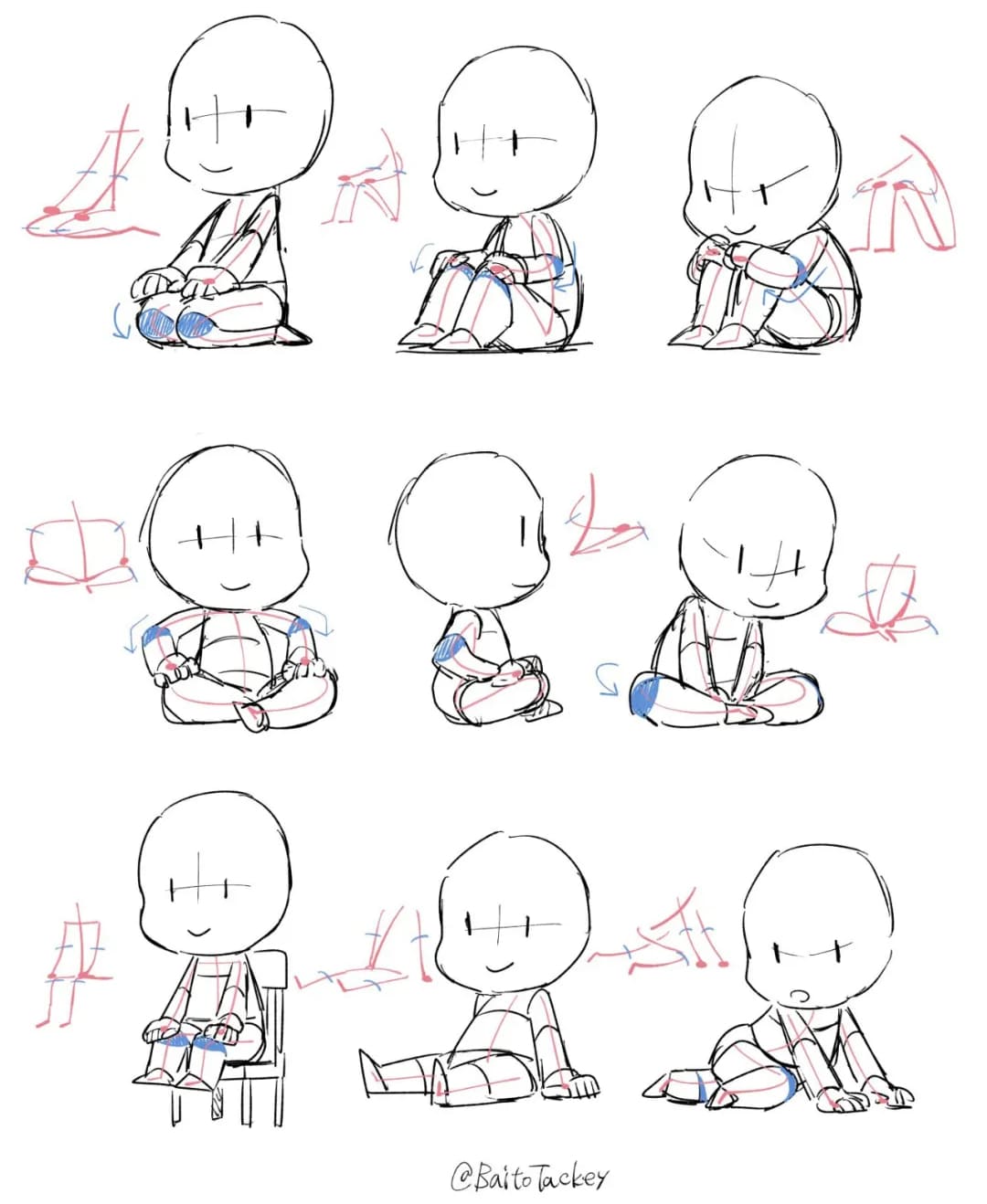
Final Thoughts About How to Draw Chibi?
We hope that through this tutorial, you have gained a deeper understanding and mastery of drawing chibi characters. Whether it's about achieving cute proportions or exaggerated expressions, these techniques can make your artwork more lively and engaging.
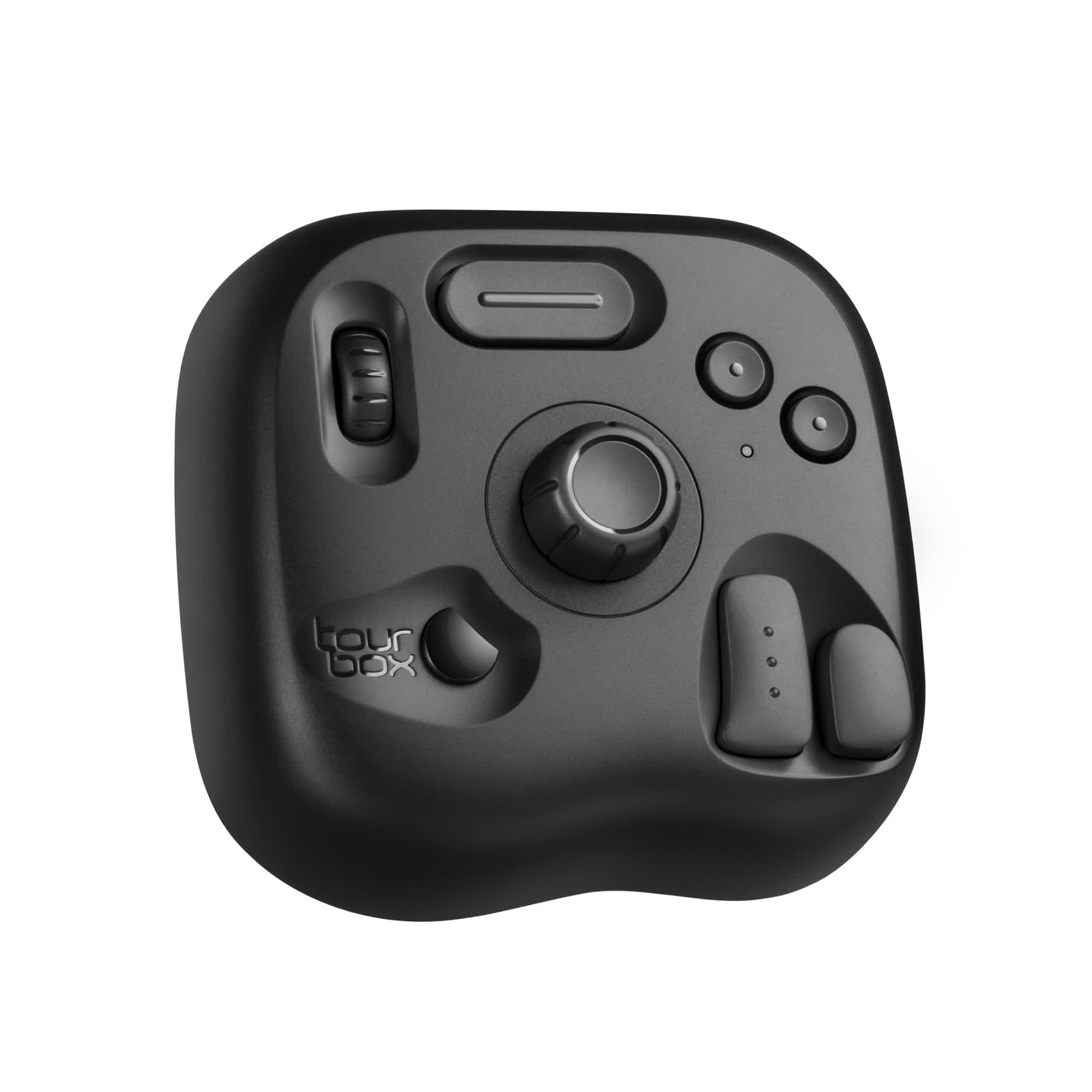
Keep practicing, explore different styles, and I believe you will create unique chibi characters. We believe that TourBox will make your drawing journey full of creativity and enjoyment.